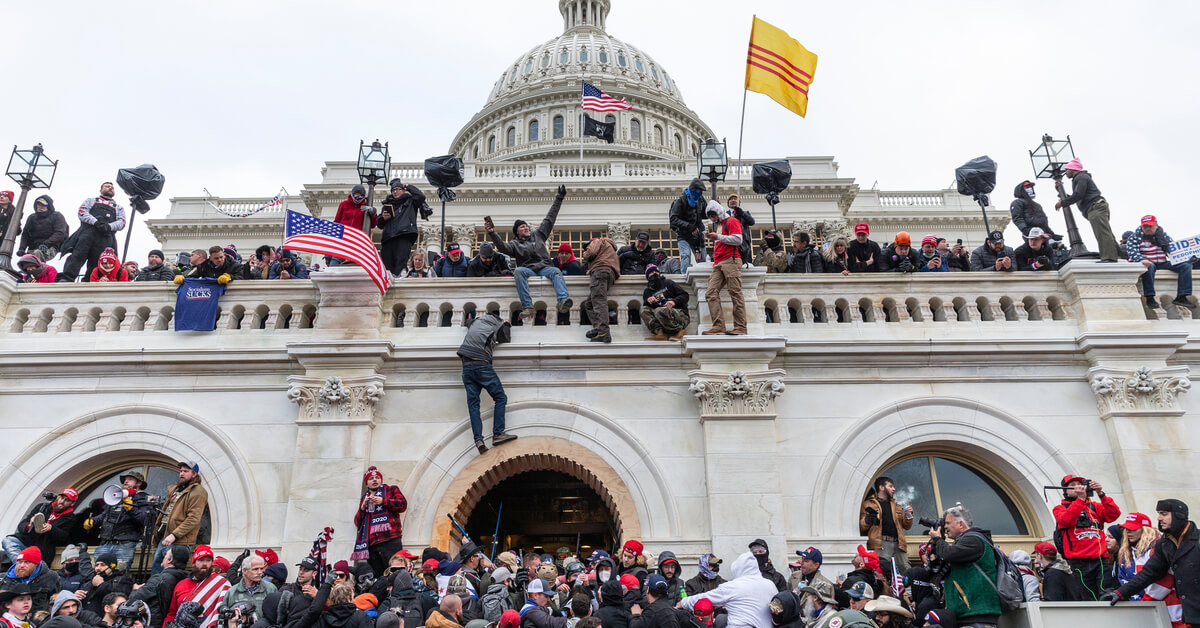1/6/2021 seems bound to join the ranks of infamous days, alongside 9/11/2001, 12/7/42, 11/22/63, and only a handful of others. As it should. In the still-only 60-odd days since that appalling event at the, nay, our U.S. Capitol, many educators have been asking themselves: what is our responsibility, and what is our best course of action, to better educate the young people in our care such that we will not see any repeat of this horror in the years and decades to come?
Questions such as this have been bouncing around edu-Twitter and elsewhere, and helpfully folks have suggested many of the usual—and to be clear, quality—programs, such as Facing History, the Stanford History Education Group, Teaching Tolerance, Second Step. Others have focused on what skills we should be teaching, and rightfully so, recommending critical thinking, data literacy, and numeracy, empathy, social justice.
Rarely, though, are non-domestic, global resources or strategies suggested. Frankly, as much as I admire progressive and student-centered U.S. educators for their creativity and compassion, their insight into learning design, authentic assessment, and holistic education, I fear sometimes that they—we—are still a bit too provincial. I had a taste of this a few years ago when communicating…


